Signs & Symptoms
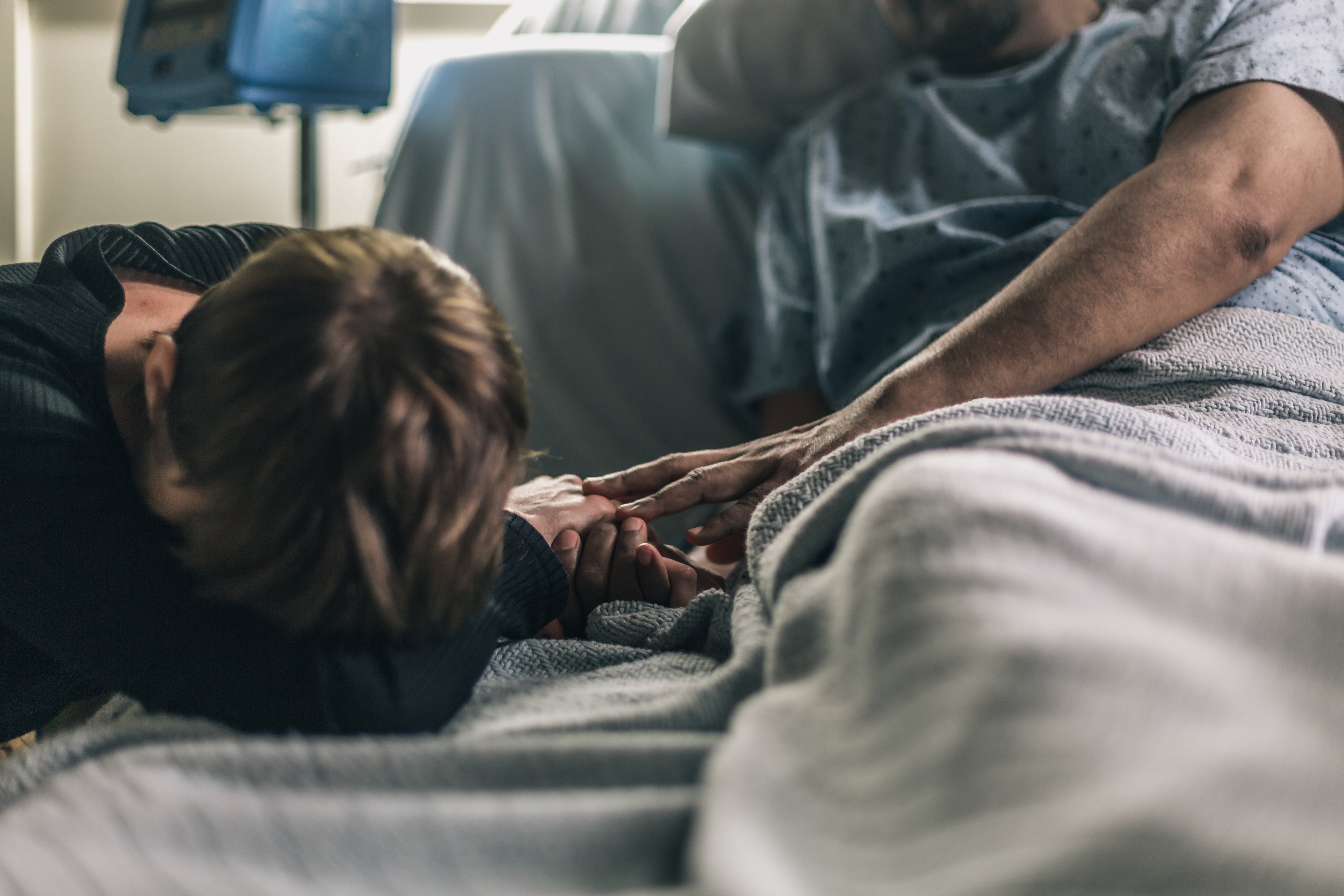
No One Knew I Had Prostate Cancer
"The things we thought instead"

Help Me...
Bloating:"I’m not gaining weight, but my pants feel tighter around my waist."Nocturnal Urination:"My husband keeps waking up in the middle of the night to use the restroom; maybe he's just drinking too much before bed."Pain of back and lower limbs (advanced):"I’m having trouble sitting for long periods; my lower body aches."Erectile Dysfunction:"He’s been avoiding intimacy lately; maybe he’s just tired."Blood in semen:"I noticed blood in my semen once, but it went away. It’s probably just my eyes."Stiffness of back and lower limbs (advanced):"I think my dad pulled a muscle; he takes forever to get up these days."

Help Me...
Rectum Pain:"My husband complains of pressure in his rectum; maybe it’s just hemorrhoids."Frequent urination:"Lately, I’ve noticed I’m urinating more often than usual, but I just drink a lot of water."Fatigue (advanced):"I feel tired all the time, even though I am getting rest. Maybe it’s just aging."Swelling lower limbs (advanced):"Dad says his legs feel weak and heavy; it must be from standing too much."Frequent urination:"Ronald keeps running to the bathroom during meetings; maybe he's just staying hydrated."Weak urine flow:"It takes forever just to pee, but I guess that’s normal with age."
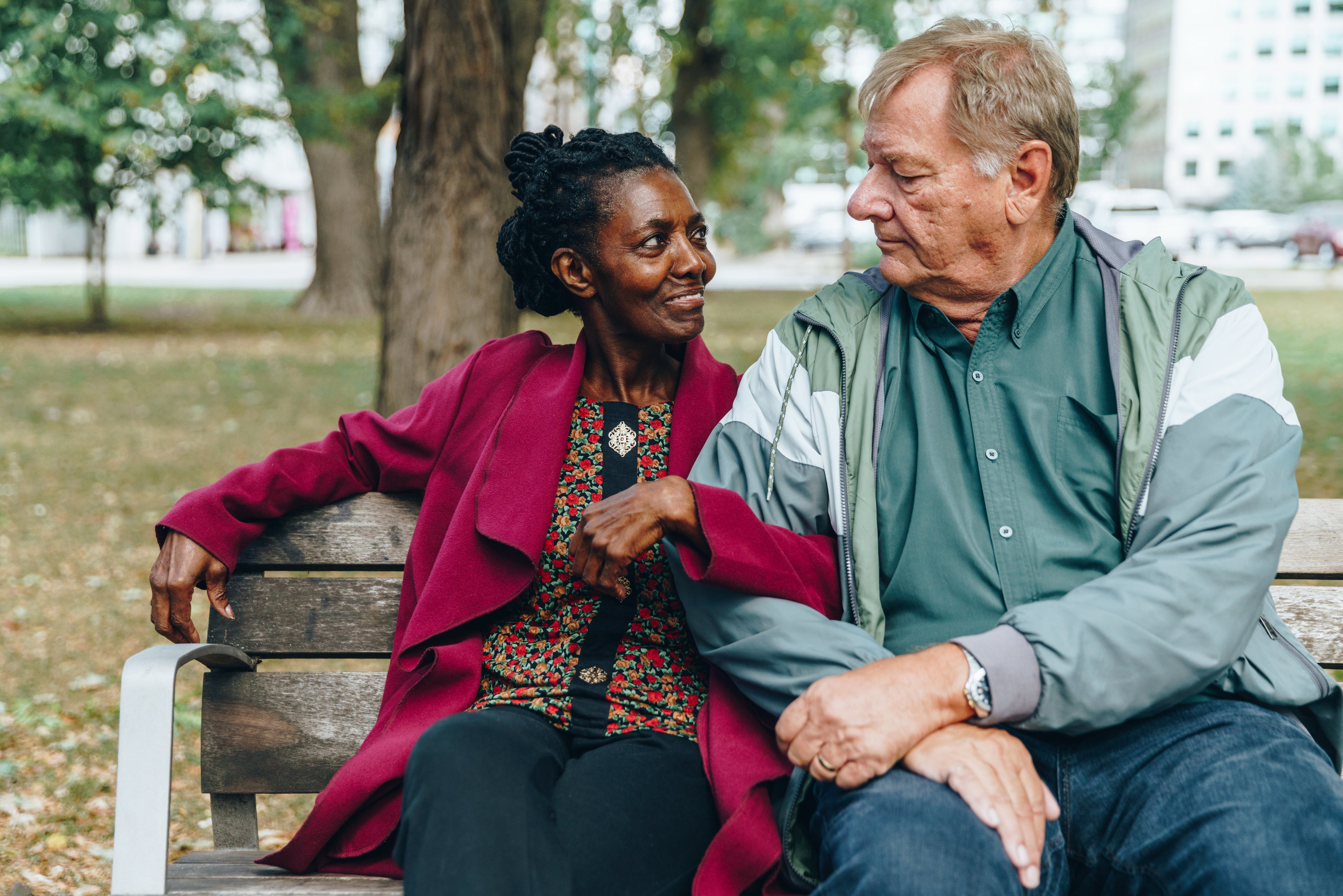
Help Me...
Difficulty Urinating/Urine Retention:"My husband keeps saying he feels stuck when he tries to pee, like he can never completely empty his bladder. I told him he needs to relax."Burning while urinating:"Every time I pee, it stings a little; maybe it’s just a UTI."Bloating or excessive gas:"Anthony keeps letting out gas; he really should mind his manners better."Dripping after urination:"My husband keeps complaining about dripping after he’s done in the restroom, but he says it’s just annoying, not serious."Changes in bowel habits:"My husband takes forever in the restroom these days. He really needs to start eating more veggies."Blood in semen:"I saw a little blood in my semen recently, but it’s probably nothing."

Help Me...
Pelvic or lower back pain:"My dad keeps complaining about back pain, but I think he’s just lifting too much."Weight loss:"I’ve noticed Mark’s been losing weight lately; I wonder if he’s been hitting the gym?"Chills:"I’ve been feeling chills on and off; maybe I’m just catching a cold."Urine obstructed or intermittent flow:"My husband keeps telling me his urine stops and starts while going; he’s so stressed he just needs to relax."Nausea (advanced):"Brian has been a little queasy lately. Seems like he’s always sick or something. He needs to drink more water."Vomiting (advanced):"I’ve been throwing up more frequently; I really need to change my diet."
15 Signs & Symptoms
Urinary abnormalities often serve as the most common indicators of prostate cancer; however, an individual might encounter additional manifestations beyond the customary signs, especially in stage three or four of the disease.
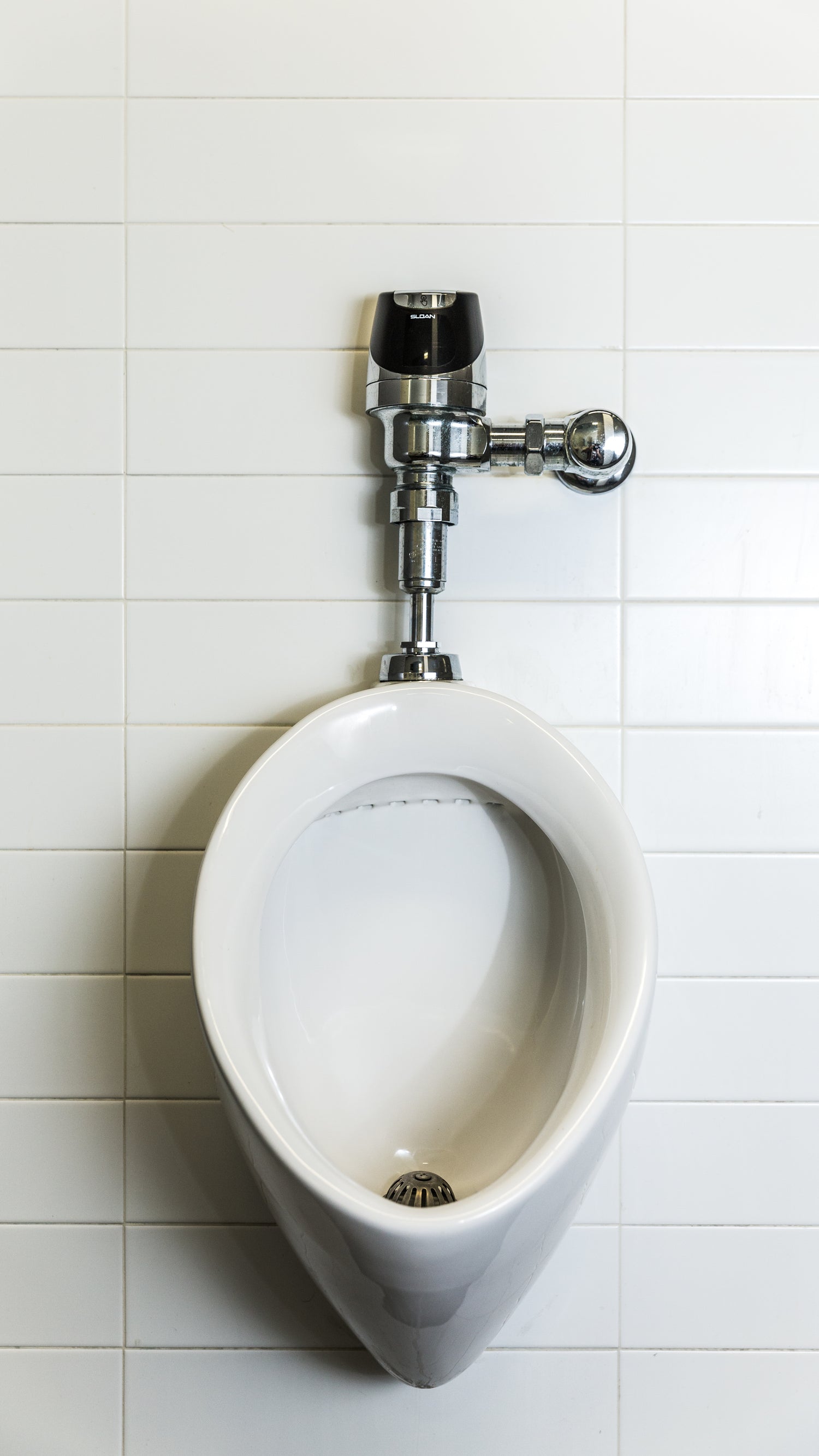
1. Frequent urination
2. Weak urine flow
3. Difficulty urinating
4. Urine retention
5. Burning while urinating
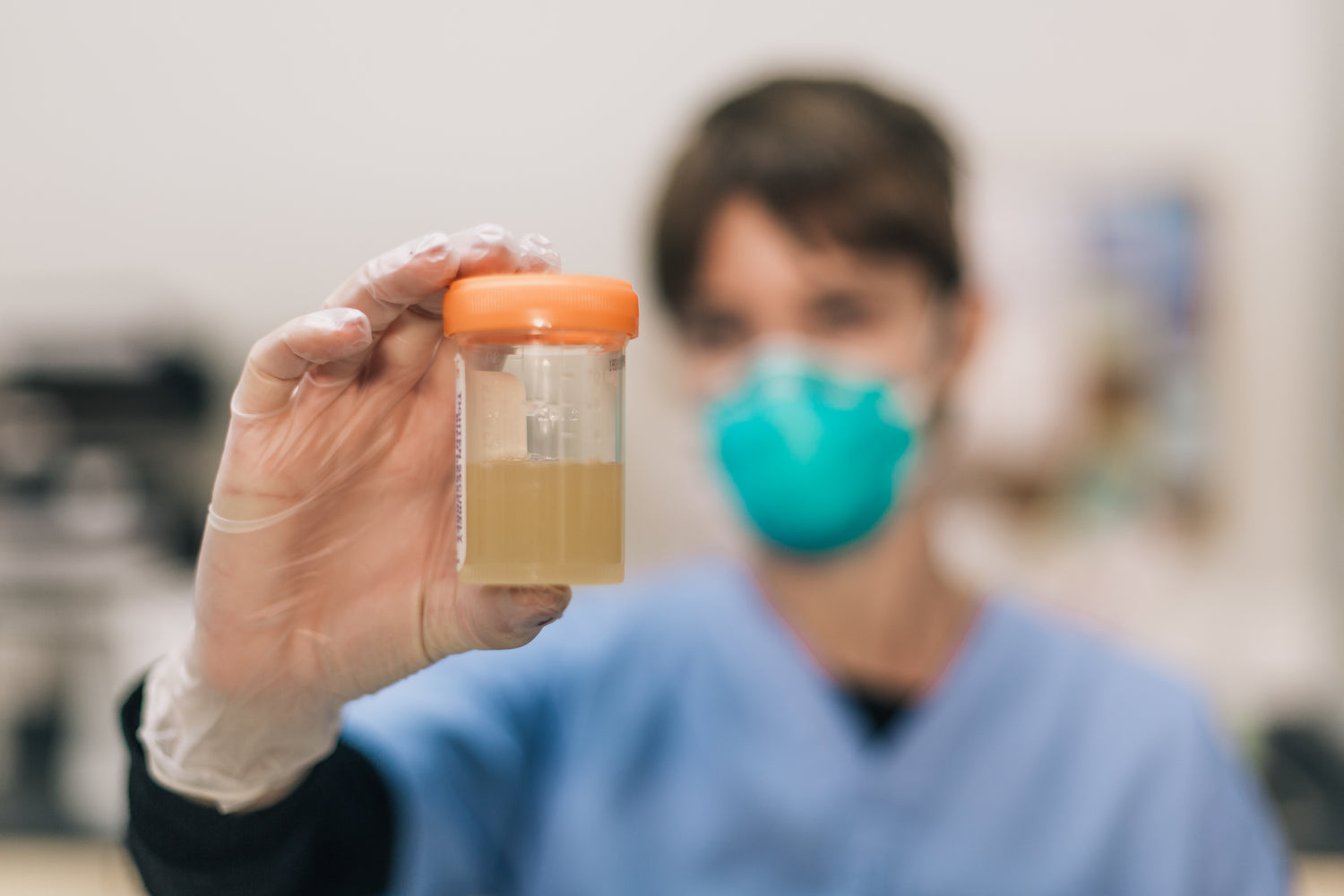
6. Blood in urine
7. Bloating or excessive gas
8. Dripping after urination
9. Changes in bowel habits
10. Erectile dysfunction
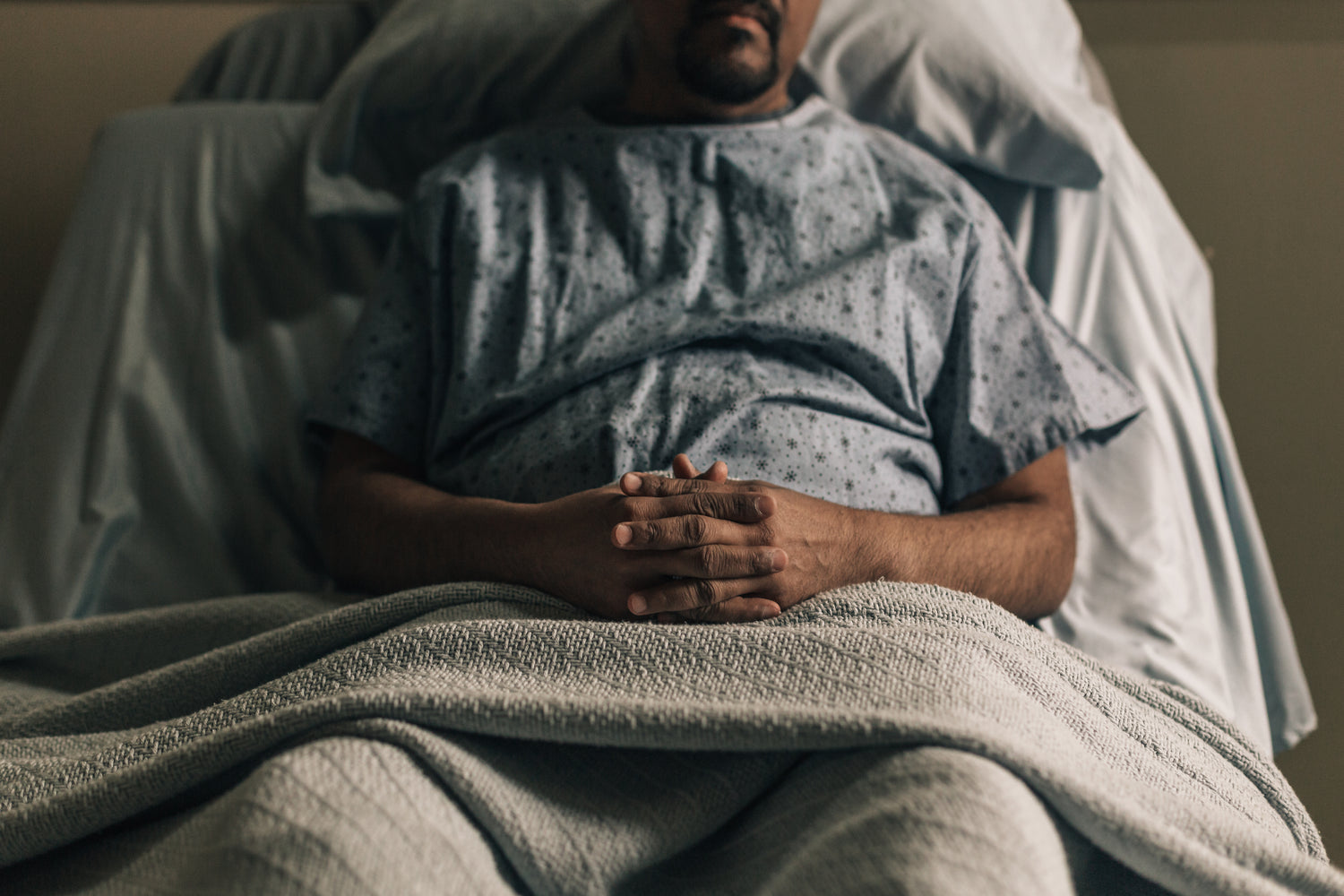
11. Blood in semen
12. Pelvic or lower back pain
13. Weight loss
14. Chills
15. Urine obstructed or
intermittent flow

Signs of Advanced Cancer
WebMD: Dull, deep pain or stiffness in your pelvis, lower back, ribs, or upper thighs, Swelling of your lower limbs, Weakness or paralysis in your lower limbs (often with constipation), Weight Loss, Appetite changes, Fatigue, Nausea, Vomiting, Bowel problems
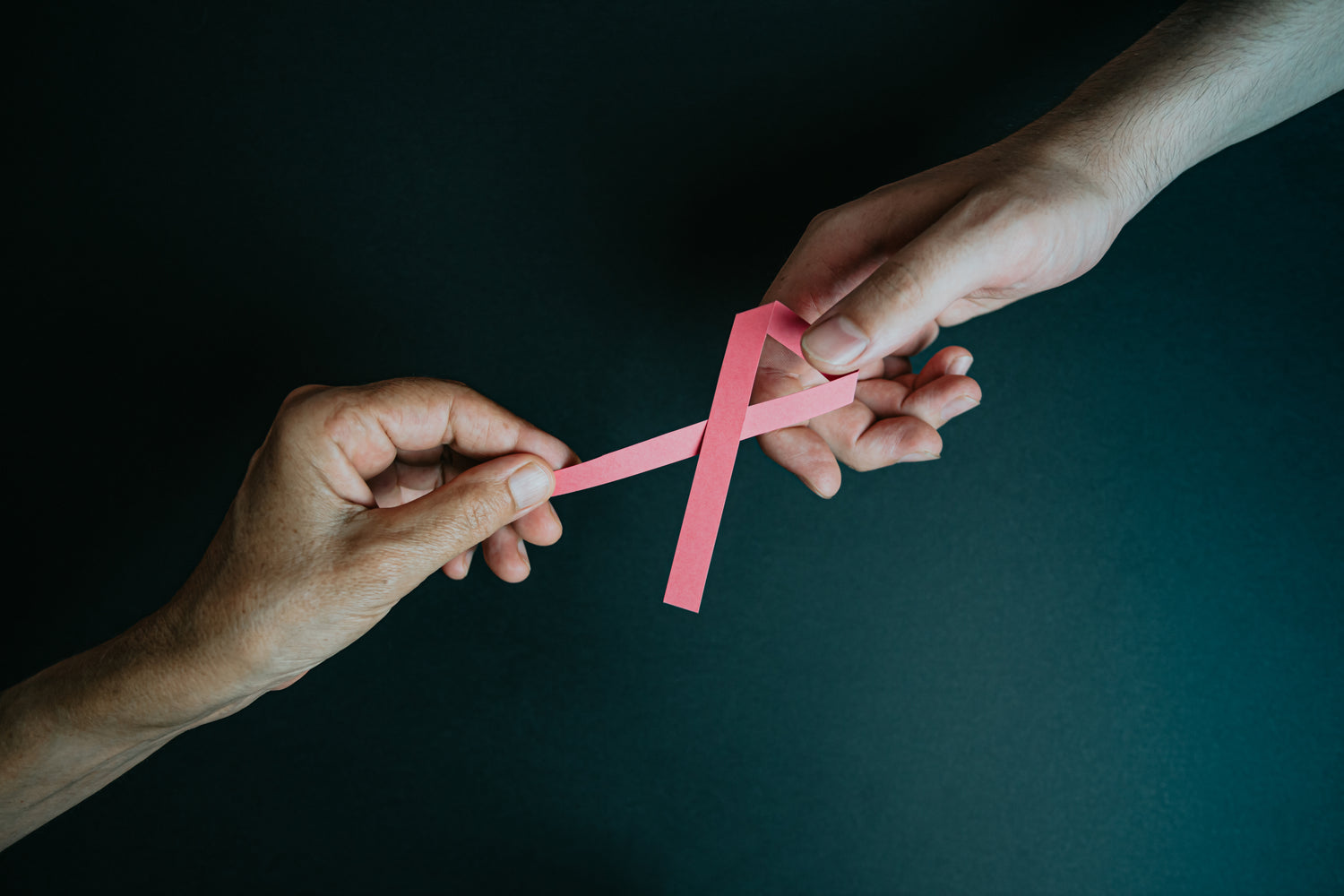
Unknown Risk Factor
A man with a family history of breast cancer may be more prone to prostate cancer, and a woman with a family history of prostate cancer may have an increased risk of breast cancer due to shared genetic mutations like BRCA1 and BRCA2.

Myth 1
Prostate cancer only affects older men: While it is more common in older men, younger men can also develop prostate cancer. Prostate cancer can occur at any age and there is an increase in diagnosis in the younger population.

Myth 2
If you have no symptoms, you don’t have prostate cancer: Prostate cancer can develop without noticeable symptoms, especially in its early stages. Many prostate cancers grow slowly and may not require immediate treatment. Some men live with slow-growing prostate cancer for years without experiencing symptoms. Regular screenings and awareness of risk factors are important, as symptoms often appear only when the cancer is more advanced.

Myth 3
PSA tests don’t work at all: While PSA tests are not always perfectly accurate and can sometimes produce false positives or negatives, they are still useful for detecting prostate health issues, including prostate cancer and other conditions like benign prostatic hyperplasia (BPH).

Myth 4
A high PSA means you have prostate cancer: Elevated PSA levels do not automatically mean prostate cancer. PSA levels can be raised by other conditions like benign Prostatic Hyperplasia (BPH) or Prostatitis, which are not cancerous. Likewise, A normal PSA level doesn’t guarantee the absence of prostate cancer. Prostate cancer can still develop even with normal PSA levels.

Myth 5
Prostate cancer can be cured with surgery alone: While surgery is a common treatment, prostate cancer may require additional treatments such as radiation therapy, hormone therapy, or chemotherapy. The treatment approach depends on the cancer's stage and aggressiveness.
What Can We Do Now?
Educate, Advocate, and Screen
